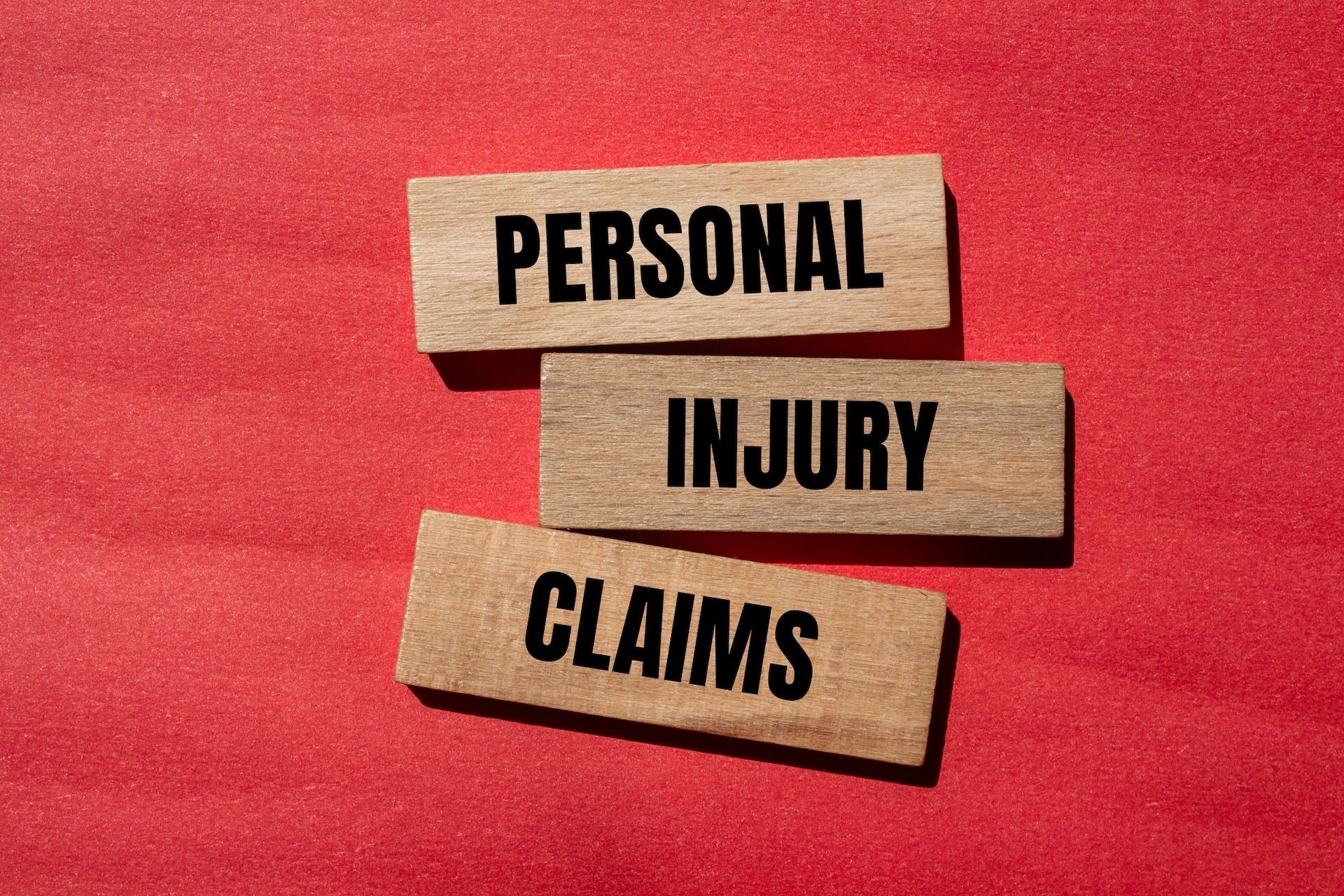Difference Between Economic And Non-Economic Damages

You can recover damages if you suffer injuries or other types of compensable losses in an accident. In the context of a personal injury case, the plaintiff may be awarded compensatory damages, which are usually a combination of non-economic and economic damages.
Naturally, the amounts will vary depending on the circumstances. The amount of economic damage may exceed or may be lower than the non-economic damage you suffered. There is good news, though. In contrast to other states, Florida doesn’t place any restrictions on monetary awards you can recover.
But what is
economic damage and how is it different from non-economic damages?
Let’s find out.
What Is Economic Damage?
As the name implies, economic damages encompass tangible losses you incurred (or will incur in the future) as a result of the accident. They are considered to be more tangible because they are easy to document and calculate.
A
common type of economic damage awarded is medical expenses. This includes the costs of the hospital stay, as well as any follow-up treatments or procedures necessary to treat the injuries suffered in the accident.
Similarly, lost wages are commonly awarded as economic damages. This is available for those unable to return to work after the accident. Hence, they can recover the wages they lost in a personal injury suit. Recovering them is important for individuals who missed significant time off work.
Lastly, plaintiffs can also recover compensation for property damage they suffered. For instance, in automobile accident cases, victims can recover compensation for the damage to their vehicles and other possessions that were affected by the accident.
What Is Non-Economic Damage?
While explaining what is economic damage is relatively straightforward, non-economic damage is a lot more complicated to grasp. In some sense, non-economic damages are subjective and represent harm that isn’t related to objective documentation such as receipts.
A common example of non-economic damage involves matters such as pain and suffering, emotional distress, loss of consortium, as well as scarring and disfigurement.
The general idea behind economic damages is that they’re awarded to help restore the person to their pre-injury state. With non-economic damages, their main purpose is compensating the victim for their pain, suffering, and other issues they went through because of the accident.
In Which Circumstances Are These Types Of Damages Available?
Both types of damages are available in most personal injury cases, but they need to be proven. For economic damages, this is relatively easy because you only need to produce the documents that support your claim. This is why it’s important to keep track of all your medical bills, including receipts for out-of-pocket treatments.
With non-economic damages, it’s not as simple due to the fact no documentation clearly shows the amount. In many cases, providing an explanation of the accident from your point of view or hiring an expert who will testify about the psychological damages such accidents cause may be enough to justify non-economic damages in a court of law.
How Much Compensation Can You Recover?
As we said in the beginning, the Sunshine State doesn’t impose any damage caps on economic damages in personal injury cases.
But what about non-economic damages? After all, they are not easily calculable so it stands to reason that they should be capped.
Although there was a cap on non-economic damages, it only applied to medical malpractice cases. These limitations were also overturned in 2017, which means there are no caps on non-economic damages either.
The only type of damages that have legal limits are punitive damages. These are reserved for circumstances in which the defendant is guilty of gross negligence. In other words, punitive damages will only be awarded by the jury if the actions of the defendant are found to be unconscionable.
Thus, punitive damages are akin to a punishment for the defendant but also serve as a deterrent to other individuals.
The current damage cap on the amount that can be awarded as punitive damages is three times the total amount of compensatory damages or $500k at the most. In case the punitive damages exceed the cap, the jury must award a higher amount of compensation instead. This prevents juries from going overboard when awarding excessive punitive damages.
How To Claim Damages?
If you suffered injuries in a car accident, you can hire an attorney who will investigate the accident to ascertain the correct amount of damages in your case. Insurers typically begin negotiating the settlement immediately. Keep in mind that this initial settlement will most likely be insufficient to cover all the damages on your behalf.
Fortunately, your attorney can negotiate with the insurance company on your behalf, which can help you receive a fair settlement. This is the point where most personal injury cases are resolved, as it’s easier for both parties to settle instead of going to court.
If the settlement can’t be reached, though,
you have the right to file a lawsuit. Your attorney will file a motion with the court where they’ll outline the specific amount of damages you’re seeking.
Is Hiring A Lawyer Necessary?
Very much. Hiring a legal professional to represent you will help you achieve a better outcome.
Generally speaking, insurance companies only seem to be interested in your well-being and concerned about your financial situation.
This is nothing more than a tactic. Their main goal is to get you to settle for the least amount of money possible. As such, they are likely banking on the fact that you’re shocked by the accident and willing to take anything just to get everything over with.
Once you bring an attorney to the fold, the insurers will know they can’t undervalue your claim as easily and are more likely to play by the rules. This doesn’t guarantee that you’ll get the full amount you’re seeking in negotiations, but it certainly improves your chances of avoiding litigation or settling for a laughable amount of money that won’t be enough to get you back on track.
Making You Whole Again
Now that you understand what is economic damage and have a basic understanding of the compensatory damages you can recover, you can file a personal injury claim. Doing so can be draining, but with a good attorney supporting you, it will be more than worth it.
In fact, the money you recover may just be enough to help you move on from the entire ordeal and start rebuilding your life after a truly traumatic event.
We wish you the best of luck!
Note:
The information in this blog post is for reference only and not legal advice. As such, you should not make legal decisions based on the information in this blog post. Moreover, there is no lawyer-client relationship resulting from this blog post, nor should any such relationship be implied. If you need legal counsel, please consult a lawyer licensed to practice in your jurisdiction.
Disclaimer: The information on this website and blog is for general informational purposes only and is not professional advice. We make no guarantees of accuracy or completeness. We disclaim all liability for errors, omissions, or reliance on this content. Always consult a qualified professional for specific guidance.








